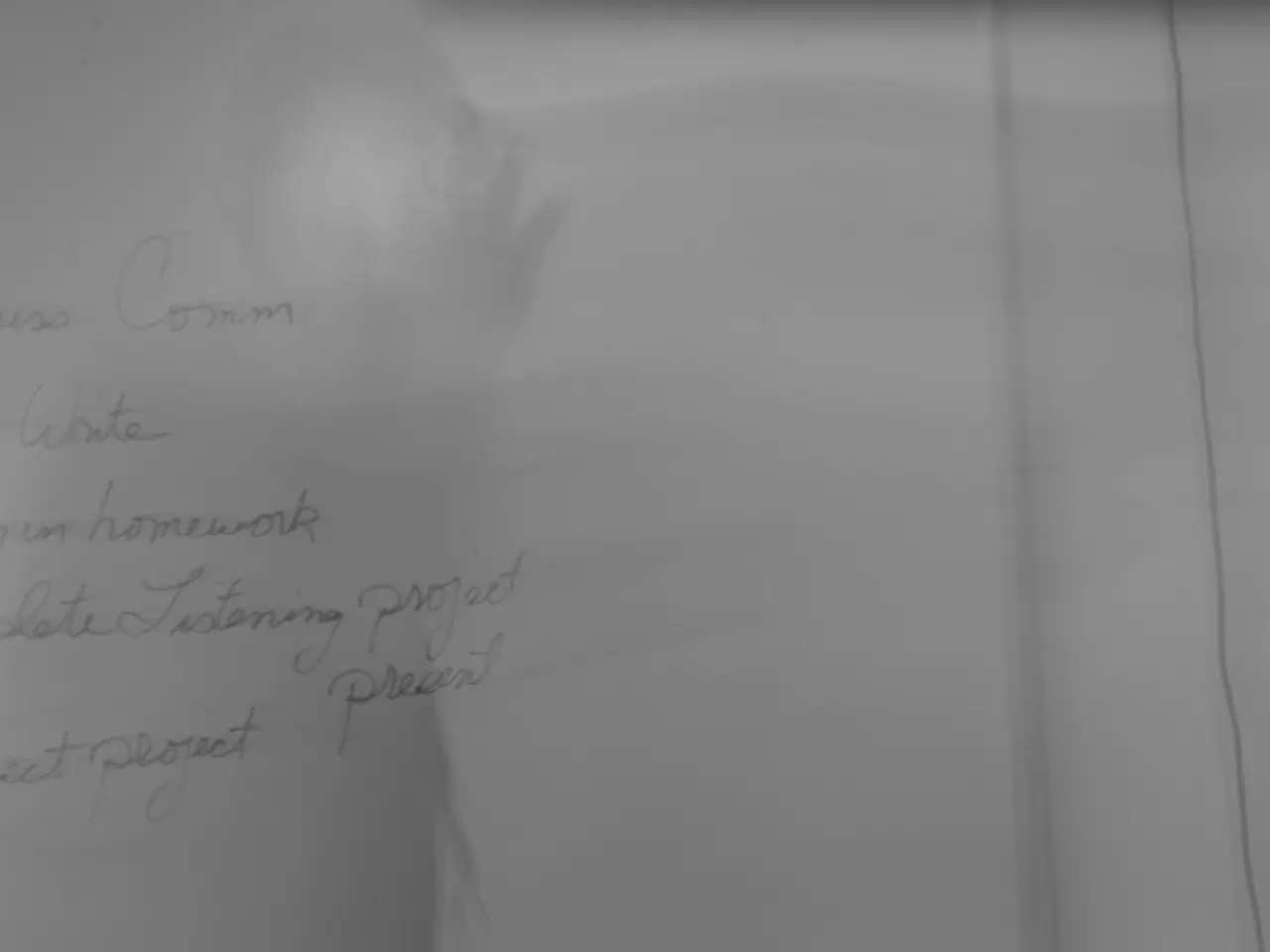Marcos' recent address lacked mention of iGaming, interpreted as a calculated omission
The Philippine government, under President Ferdinand Marcos Jr., is taking a more scrutinising approach towards online gambling regulation, aiming to balance economic benefits against social costs.
Following the 2022 State of the Nation Address (SONA), concerns over the negative impacts of online gambling on families and communities have prompted discussions about potentially stricter regulations or even a total ban on certain forms of online gambling.
Key points reflecting this stance include:
- Crackdown on unlicensed and problematic online gambling operations: The Philippine Amusement and Gaming Corporation (PAGCOR), the state regulator and operator, is focusing on regulating rather than operating casinos by privatizing many casinos by 2028. PAGCOR is also employing technology such as AI to detect problem gambling and enforce compliance.
- Ongoing review and calls for legislative revisions: Policymakers and lawmakers are calling for reviews of local online gambling laws, suggesting an interest in tightening measures to better regulate online gaming platforms and mitigate social harms.
- Advertising and consumer protection: The government and regulatory bodies like PAGCOR and the Advertising Standards Council have started screening all gambling advertisements to ensure responsible messaging and address the social impact of gambling.
- Economic context: Despite regulatory tightening, the gambling sector, including online platforms, has been a significant source of government revenue. In 2024, gambling revenue showed a 24.6% surge, driven by online growth, indicating ongoing economic reliance on this industry segment.
In addition, several senators have urged the president to present a definitive strategy for addressing online gambling, which they view as a mounting social issue. However, during his fourth SONA, President Marcos Jr. did not provide a clear stance on the future of online gambling, contrary to expectations.
Some within the industry perceived the omission of online gambling from his speech as a quiet endorsement of the status quo and a positive sign for operators. Yet, there are proposals on the table aimed at curbing the online gambling sector, including more stringent age verification measures, restrictions on digital wallets, limitations on gambling-related sponsorships, and a potential blanket ban.
Anticipation was high that he would address the topic, as both lawmakers and industry analysts were waiting for signals on stricter regulation or a potential ban. The future of online gambling in the Philippines remains uncertain, as the president did not provide any clear guidance during his State of the Nation Address. The proposed legislation is intended to address the social and financial issues associated with online gambling, and aims to limit the expansion of the online gambling sector.
- Given the ongoing debate about the negative effects of online gambling on society, the Philippine government's strategy for addressing the issue, particularly in terms of tightening regulations or potentially banning certain forms of online gambling, could significantly influence the finance sector, including the casino-and-gambling industry.
- The proposed legislation, which includes measures such as more stringent age verification, restrictions on digital wallets, and limitations on gambling-related sponsorships, reflects an increasing focus on gambling trends that prioritize social and financial responsibility, as well as the balancing of economic benefits against social costs.




